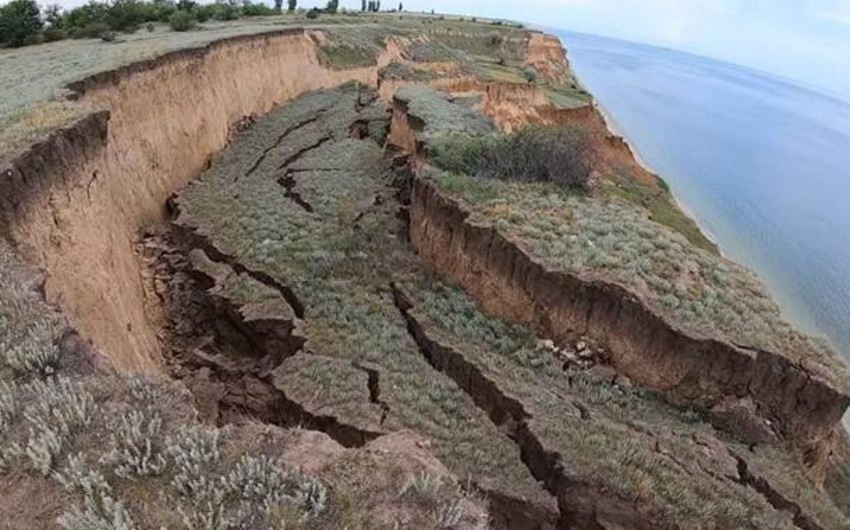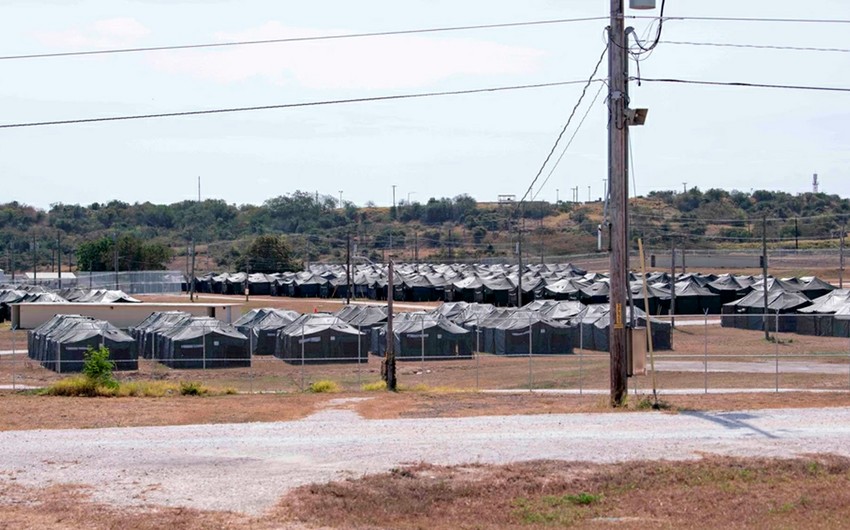The opioid epidemic continues to be a long and painful tragedy for many Americans. According to the Centers for Disease Control, overdose deaths involving opioids, including those legally prescribed but misused and illegal opioids like heroin and illicit fentanyl, were five times higher in 2016 than in 1999.
As former governors and secretaries of Health and Human Services, we have seen this scourge develop over the last several decades and we understand the challenges it poses to our country today and for generations to come.
We know the terrible impact of the opioid epidemic on families and communities in our states. In addition to this devastating human toll, government budgets at every level are being stretched as our public and emergency health systems are asked to meet heightened demands for services that save lives. There is a terrible urgency to find solutions to help those who continue to suffer from the effects of opioid addiction.
We also know that it is in the country’s best interest to treat this epidemic as a broader public health problem that demands a coordinated response. While it may be easy to resort to short-term fixes or bandaid approaches to the problem, Americans across the country deserve better.
That is why we strongly urge local and federal lawmakers to work towards lasting, long-term solutions that both address opioid misuse and addiction now and help avoid the next crisis. We are encouraged by the recent passage of the U.S. Senate’s bill tackling this epidemic and look forward to seeing the final bill reported out of conference.
A year ago, we convened the Aspen Health Strategy Group, a group of 26 senior leaders across sectors including health, business, media and technology, to better understand the origins of this crisis and what we can do to help stem its growth and treat those who are suffering.
What quickly became clear is that the opioid epidemic has complex origins. There is no single path to opioid addiction and no single entity to blame for where we are today. We must all grapple with how our nation got to this point — and how to stop it.
A large part of this crisis stems from the movement toward increased pain treatment thirty years ago and the resulting rise in opioid prescriptions. The CDC reports that sales of prescription opioids in the United States nearly quadrupled from 1999 to 2014. This growth in prescriptions was largely due to well-intentioned efforts to respond to patients who experience untreated acute and chronic pain coupled with aggressive marketing of opioid painkillers by some pharmaceutical manufacturers.
Currently, opioid medications continue to be easily prescribed in the United States and a small group of clinicians prescribe opioids in large quantities and with little monitoring of effectiveness or addiction in patients.
There are a number of ways to address this issue. First, we need to stop overprescribing. This starts by educating health care professionals across the board — from surgeons to family doctors to dentists — on proper prescribing guidelines and appropriate pain treatment. We also should encourage continued dialogue on voluntary or mandatory limits on the duration of opioid prescriptions. Furthermore, prescribing guidelines should be updated based on data and evidence regarding appropriate prescribing rates of opioids for both acute and chronic pain.
The American Medical Association reported that between 2013 and 2017, the number of opioid prescriptions written decreased by nearly 25 percent. We are encouraged by this downward trajectory, but there is much more to be done to address the overprescribing habits that still put Americans at risk for addiction when they are undergoing medical procedures, like wisdom teeth extractions or a sports injury.
Curbing overprescription is just one piece of the broader framework necessary to tackle this epidemic. A crisis this complex requires a comprehensive response that engages every tool available to help prevent and treat addiction. And the need to address gaps in treatment is greater than ever. Only one in four people suffering from opioid addiction receive treatment.
We must take steps to close this gap and guarantee that those who struggle with addiction have access to evidence-based treatments, such as medication-assisted therapy, which can be highly effective in reducing opioid dependence.
We now know that this public health crisis stemmed from a poor understanding of how to treat acute and chronic pain, but we must continue to deepen our understanding of the nature of the crisis and the most effective way to respond.
This is only possible if we invest in research and data analytics to better understand how to treat chronic pain, manage opioid use, reduce inappropriate overprescribing and curb the diversion of illegal opioids.
We are encouraged that communities around the country are stepping up to the challenge in ways both large and small. Certain jurisdictions have issued blanket prescriptions for the overdose antidote naloxone. Others have issued reasonable limits on prescriptions for non-terminal patients.
The private sector has stepped up as well, with insurers setting — and meeting — ambitious reductions in opioid prescriptions. Doctors are speaking out and working together to create greater collaboration around pain management. And we see a greater willingness to share information and data across businesses and industries. But there is more to be done.
Solving this crisis requires all parties to come together and commit to confronting the complex origins of the epidemic with a thoughtful, sustained response. Our nation did not enter into this crisis quickly and it will not be solved quickly. To be successful, we must adopt an all-of-the-above approach to seek long-term solutions so that we can save lives and move our country forward.

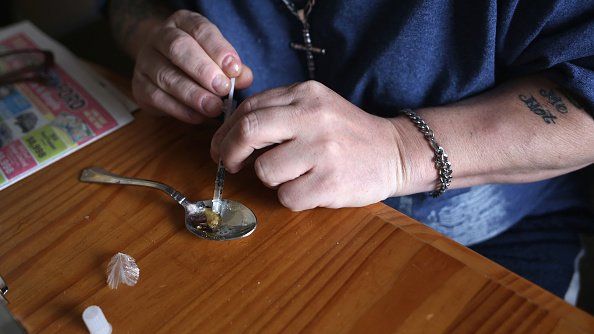
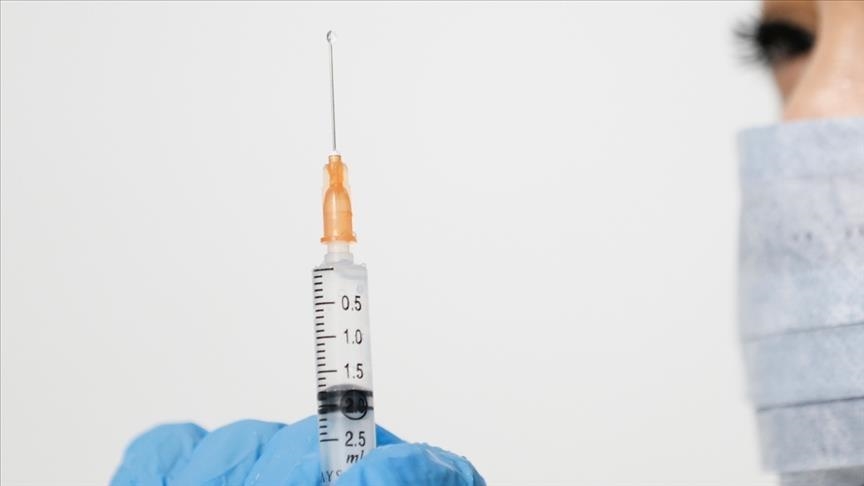
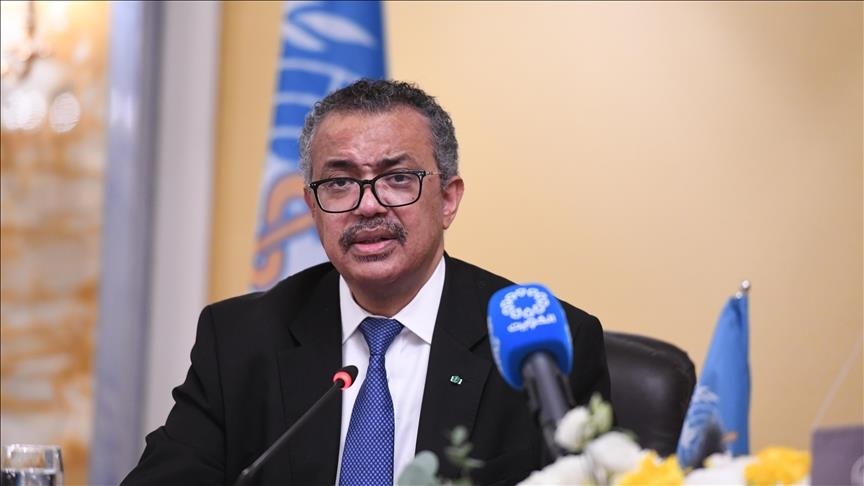
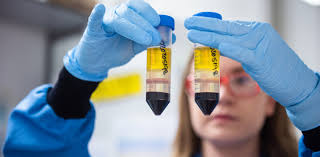

.jpeg)
